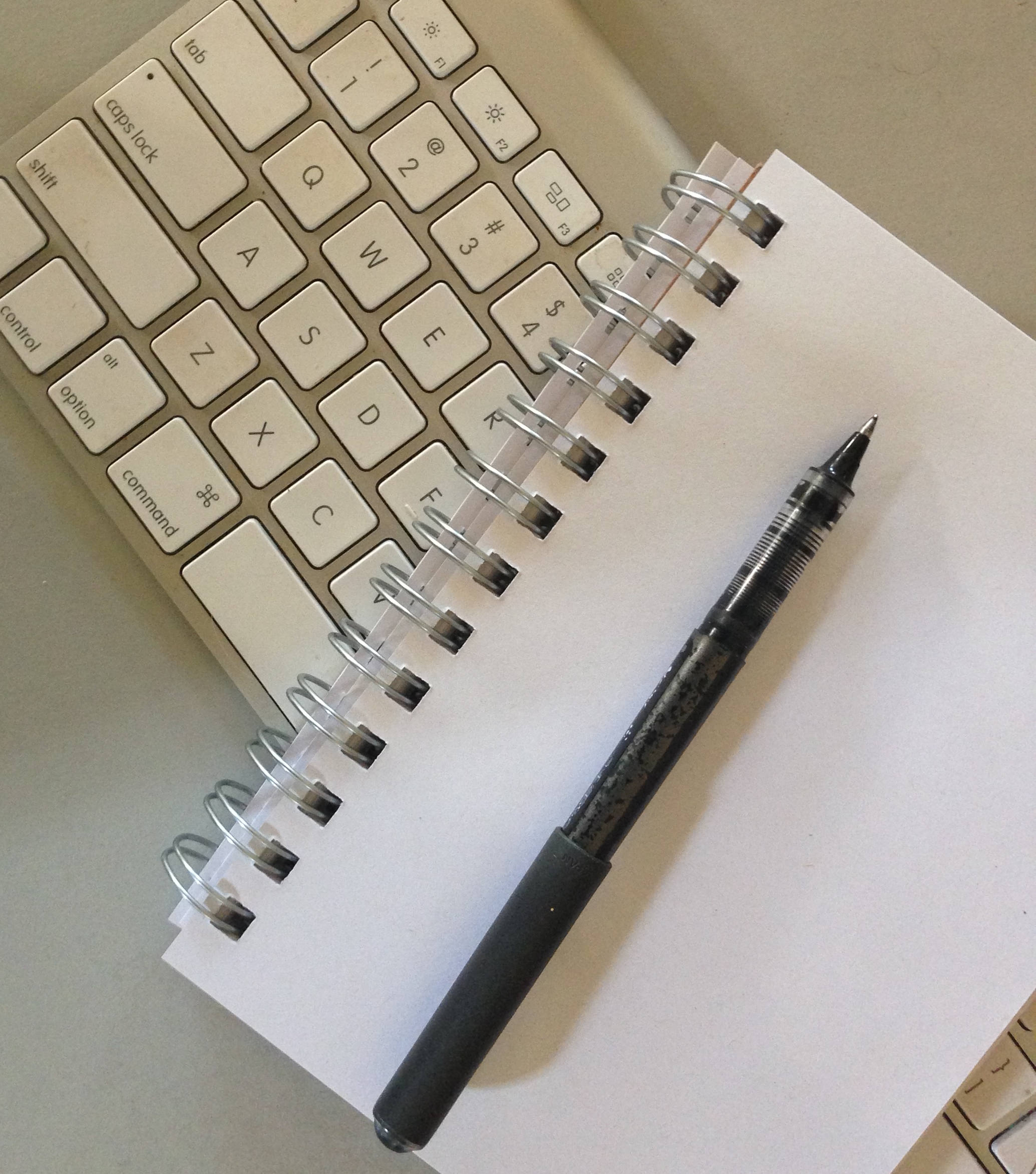At the end of an hour-long memoir coaching session, a woman seeking help to tell her unique personal story asked if she could record our next conversation. “There were pearls in this,” she said. “I didn’t get them all.” I told her I would record them in this blog and send her a link.
There is some basic guidance I’ve discovered in a lifetime of writing, and this is what I like to share with anyone whose fingers are poised, motionless, over a keyboard or a blank piece of paper.
- When you aren’t sure what write about next, make a list. Ask yourself what topics matter most to you. List them. Or, if it’s a particular time frame you need to cover, make a list of the events—inner and outer—that come to mind. You may have major writer’s block, but you can always write a list. And once you have the list…
- Pick one item as a place to begin writing. It may be the first or the first in a chronology, it may be the most intriguing, or perhaps it’s the one you find most annoying… Whatever your criterion turns out to be, if one item on the list presents itself as the place to begin, that’s where you’re to begin writing.
- Close your eyes, bring that event (topic, issue, question) to mind, and ask yourself, Where should I begin? Whatever comes up, write it down. If it’s an image, describe it. If it’s a conversation, record it. If it’s a historical perspective, explain it.
In this first session, it’s often useful to write what I like to call a blurt. Webster’s definition for blurt is “to say something suddenly and without thinking about how people will react.” Express that verb as an exercise, and you have yourself writing for a length of time without thinking about what you’re writing. You do this by not stopping. You write down whatever comes up, and you don’t stop writing. I repeat, you do not stop writing.
It’s quite a discipline, this. In memoir writing classes, I have people write blurts for no longer than five minutes at a time. What comes up is almost always surprising and often glorious. Actually, this is what I call writing: listening to the font of creative inspiration coming up from inside yourself and capturing that—as best you can—in words.
- Accept the words that come. We all live with an inner critic, masquerading as the Voice of Reason within us. I think this inner critic has value at times, but what I’m certain of is that it has no value when you’re writing. You can listen to this Voice of Reason when you go over a piece later, after you’ve done the writing, but while you’re actually writing it, ignore any criticism that may come up—that will come up, if you’re like most people. Just blot out That’s a really stupid way of putting it… Nobody’s interested in this much detail… He’s going to be furious about this… and keep on writing.
Most first drafts sound stupid as you write them. Readers are interested in the details—especially when these are details that come up spontaneously from the deeper recesses of a writer’s mind. And you don’t need to be concerned about anyone’s reaction to what you’re writing now; no one else need ever see it.
Writing is not like speaking. Once you have given physical, auditory voice to a thought, it lasts forever. If someone has heard you say this thing, then it can live for an eternity in that person’s mind. But even as pure sound itself, the vibrations of that sound never truly die; they just keep on reverberating in the universe, moving ever outward. I think twice before saying something, anything.
But when you write something down, you can cross it out later. You can delete it. By then you will have had a chance to see where that thought led you, explore the terrain, and decide if it’s a direction you want to take. This is a great luxury, a boon to self-exploration. By all means, give it to yourself.


Fabulous advice! Thank you…since I’m planning to write a memoir.
And thank YOU for your comment! I’m accepting comments once again; I’ve found a way I think will work to block the ones that aren’t actually comments on the Re-Entry blog.
Glad we can comment directly. I plan to get up in the morning with a fresh mind and blurt. Great idea.
Great advice, Margaret.
I also find it helpful to let the blurt come from my belly, not my head!
I know this anatomy’s all wrong, but for me the “gut” seems to get to the “heart” of the matter!
All wrong for medical analysis, perhaps, but just right for writing!